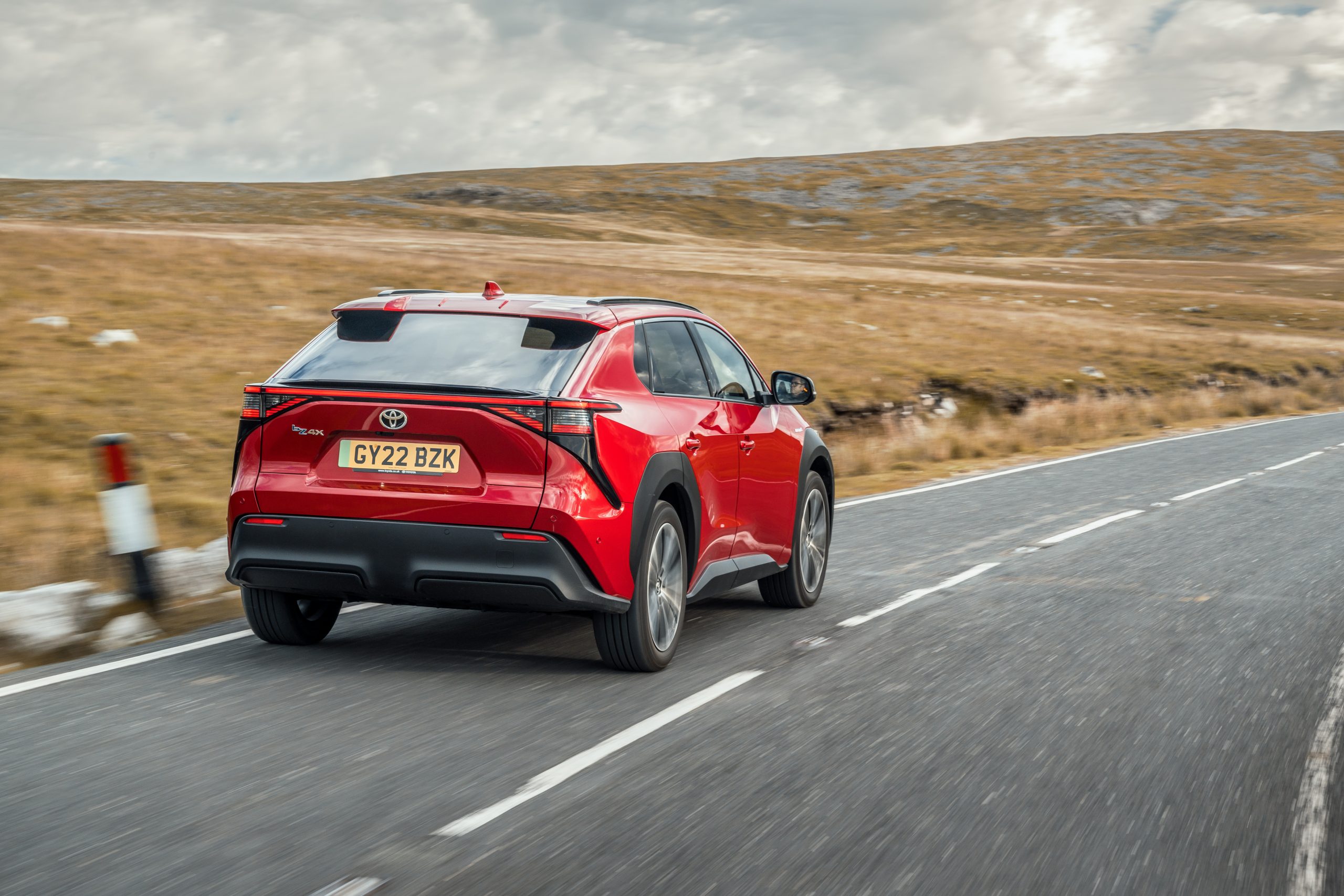Achieving electric car sales mandates is a ‘real worry for the industry’, says Toyota boss
From 2024 manufacturers will be required for a certain percentage of their sales to be electric

The UK boss of Toyota has said that meeting the government’s upcoming targets for electric car sales is a “real worry for the industry”.
From 2024 the government is set to introduce a zero-emissions vehicle (ZEV) mandate, which will require a certain percentage of the sales of every car manufacturer to be electric, otherwise, firms will be fined.
In 2024, the required percentage will be 22 per cent, rising each year to 80 per cent in 2030, when new petrol and diesel car sales will be banned. Hybrid cars will be allowed after this, but by 2035 the percentage must be 100 per cent. Manufacturers may be able to use ‘credits’ from firms with a high EV mix to avoid fines, however.
While not a worry for some firms that only sell EVs, or already have a significant electric mix – Tesla and MG, for example – for many mass-market manufacturers, it poses a greater challenge.

In an interview with the PA news agency, Agustin Martin, president and managing director of Toyota UK, said meeting the required EV mandate was a “real worry”.
Martin said: “Achieving the ZEV mandate is a real worry for everyone, because one thing is working out a strategy on a flea market, but it’s much harder to have a strategy on a market that is fixed.
“If there is wind behind the sails, then that’s fine, but what happens if there is no wind? I don’t think it’s a worry for just Toyota, I think it’s a worry for everyone.”
While the majority of Toyota’s UK sales are hybrid, the firm only sells one electric car currently, the bZ4X, which is sold in small numbers.

Martin expressed caution about forcing demand, particularly with falling sales of privately-bought electric cars.
“We see the mix of EV in fleet is somewhere around 15 per cent. How natural that mix is, is a different question but I will not get into that discussion. What is clear is that retail electric sales are going down.
“I think we need to understand that when you go into forcing demand, it doesn’t happen naturally. Supply and demand happens naturally, but forced demand doesn’t. So the regulator, the participants in the market, we need to be conscious of that and agree on an approach that is coherent with the end results.”
Figures from the Society of Motor Manufacturers and Traders (SMMT) show that electric cars made up 16.4 per cent of new cars registered in the first eight months of 2023, though that’s only 2.4 percentage points higher than in 2022. It’s widely known that fleet and business users continue to account for the bulk of new EV sales, owing to the low company car tax rates for full-electric models, while private sales are declining owing to few financial incentives.

Martin also added that he was expecting 2024 to be a “challenging year” for the car industry because of high interesting rates “which are clearly going to stay longer than anyone wants”.





